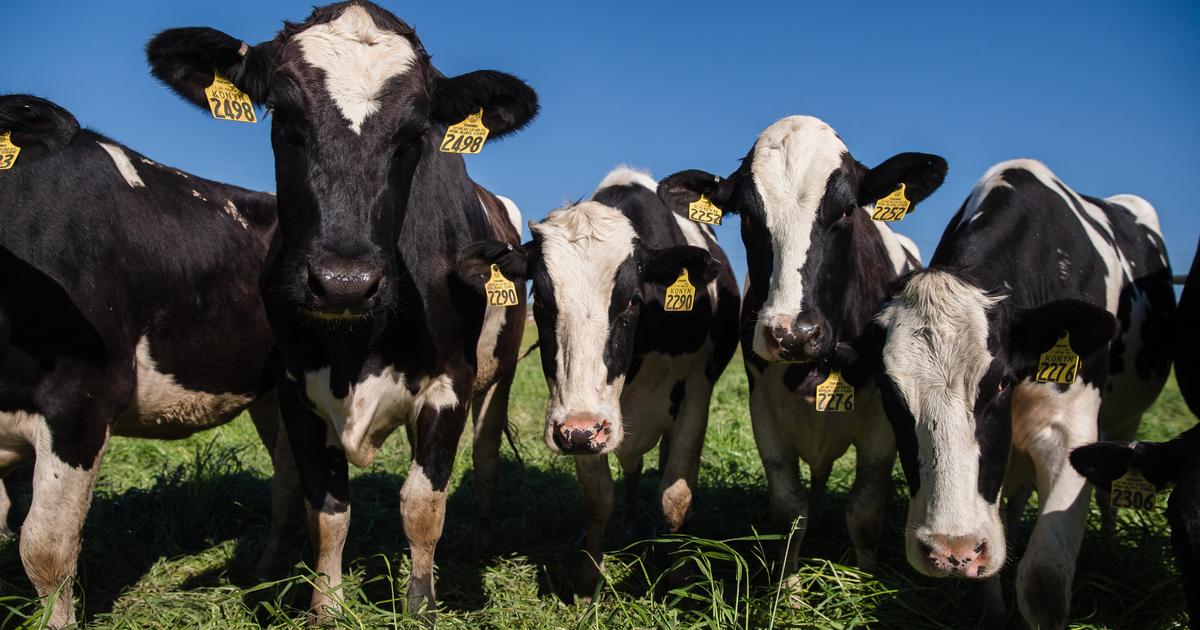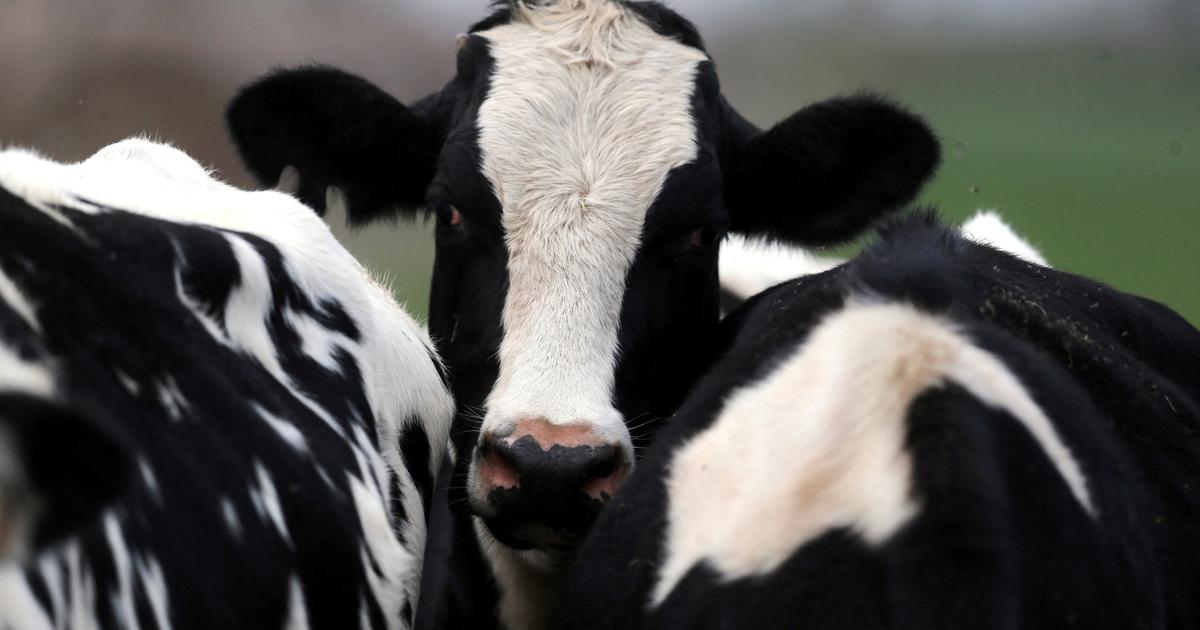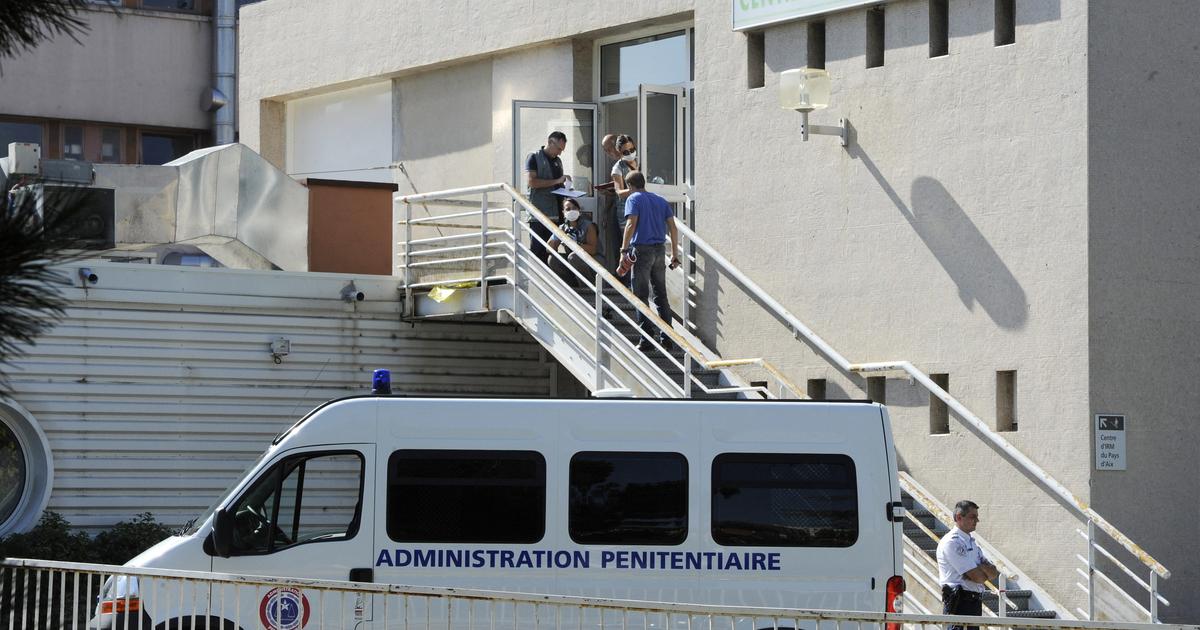Ugandan Health Minister Diana Atwine (centre) confirms a case of Ebola in the country on Tuesday. Hajarah Nalwadda (AP)
The Ugandan government declared an Ebola outbreak on Tuesday after samples taken from a 24-year-old man who died on Monday in Mubende district, some 150 kilometers west of the capital, Kampala, tested positive.
Six other people, including three children, died this September in the same area of unknown causes compatible with Ebola, but were not tested.
Another eight suspected cases are receiving medical attention.
The authorities assure that it is the Sudanese strain of this virus, which has not appeared in humans in Uganda since 2012.
The regional office of the World Health Organization (WHO) has announced the immediate deployment of personnel and the sending of resources to deal with this new epidemic.
“This is the first time in over a decade that Uganda has recorded a case of the Sudanese strain of Ebola.
We are working closely with national health authorities to investigate the origin of this outbreak, while supporting efforts to put effective control measures in place,” said Dr. Matshidiso Moeti, WHO Director for Africa.
The Sudanese strain of Ebola, one of the five known, is less frequent than Zaire, which has caused about twenty outbreaks in recent decades, both in the Democratic Republic of the Congo (DRC) and the deadliest in history in Africa. between 2014 and 2016. However, the first variant is responsible for at least seven epidemics in Uganda and Sudan since the virus was identified in the 1970s.
The WHO has warned that while the use of the vaccine has been highly effective in controlling outbreaks of the Zaire strain, there is currently no tested vaccine specifically for the Sudanese variant.
This new Ebola outbreak coincides with another that was declared in Beni, in neighboring DRC on August 22, after a 46-year-old woman died and her samples tested positive.
On that occasion, it was a resurgence of the virus that spread during the epidemic that affected North Kivu, South Kivu and Ituri between 2018 and 2020, which also affected Uganda with five imported cases.
The rapid response of the authorities and vaccination have managed to contain this outbreak, although it has not yet officially ended.
The previous epidemic was declared on April 23 in the Congolese province of Ecuador, which resulted in six confirmed cases, according to the WHO.
Burial of an Ebola victim in Beni, Congo, in 2019. Jerome Delay (AP)
According to various scientific studies, the growing human occupation of forested areas in central Africa has led to an increase in Ebola outbreaks in recent years, by also increasing the chances of contagion of the virus from an infected animal to a human being.
Likewise, improvements in transportation and communications mean that outbreaks that were previously isolated relatively easily in remote towns can easily make the leap to large cities, multiplying the risk.
The two deadliest epidemics in history occurred in the last decade: that of 2014-2016 in West Africa, which caused almost 30,000 infections and more than 11,000 deaths, and that of 2018-2020 in northeastern Congo, with 3,500 cases. and 2,280 deceased.
The great milestone in the fight against Ebola occurred in 2015 with the development of several vaccines that stopped the spread and were first tested in Guinea, Sierra Leone and Liberia, the countries most affected by the 2014-2016 outbreak.
The most widely used strategy is vaccination in circles, that is, its application to contacts and relatives of confirmed cases, as well as health personnel who are on the front line of patient care.
In the outbreaks after 2014, vaccination has been revealed as a fundamental tool to stop its expansion.
The Ebola virus causes hemorrhagic fevers that often lead to the death of the patient if he does not receive any treatment.
In recent years, the great resistance capacity of the virus has also been detected in certain areas and body fluids of already cured patients, particularly in semen, which gives rise to sexual resurgence even two years later.









/cloudfront-eu-central-1.images.arcpublishing.com/prisa/GLQIPWOC3VBT3BKZRNAZOQJEQU.jpg)